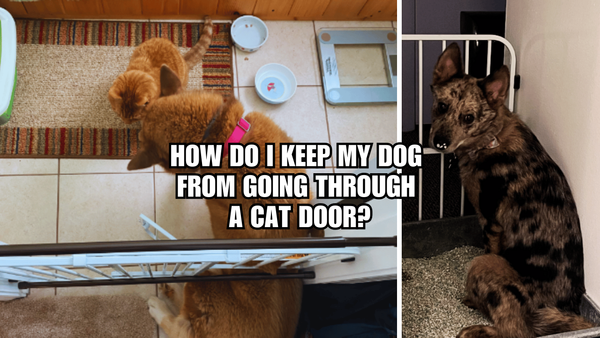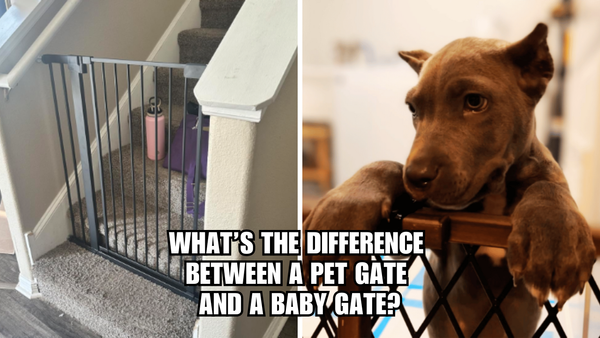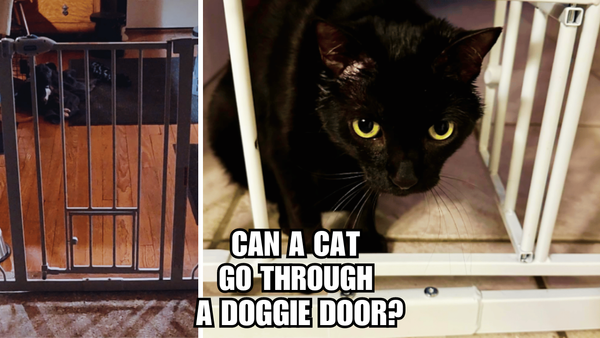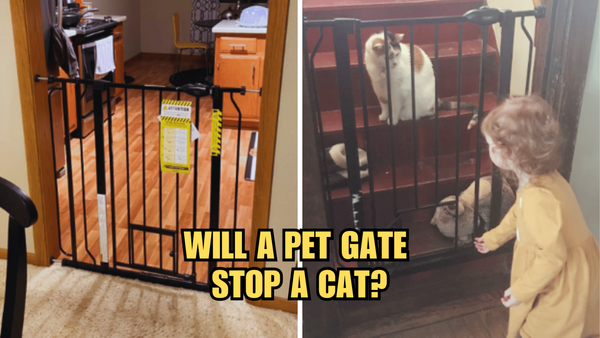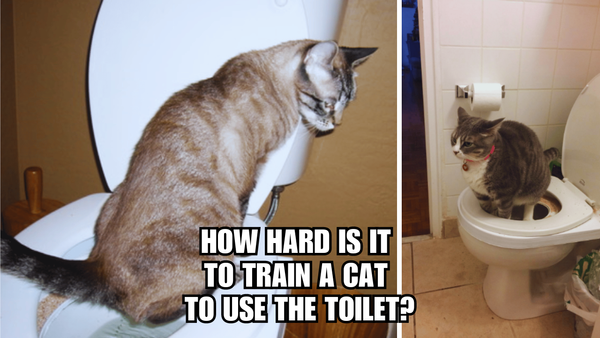Key Takeaways:
- Air purifiers can improve indoor air quality for both you and your feline friends.
- Not all air purifiers are created equal; some may be more suitable for homes with cats.
- Understanding the type of air purifier and its features is key to ensuring it's safe and beneficial for your cat.
Cats, the internet's favorite furry overlords, have us wrapped around their adorable little paws. But when it comes to keeping their kingdom free of airborne villains like dust mites and pet dander, do our efforts to purify the air end up ruffling their majestic fur? Let's dive into the whisker-twitching world of whether air purifiers bother cats or if they're the unsung heroes of our indoor environment.
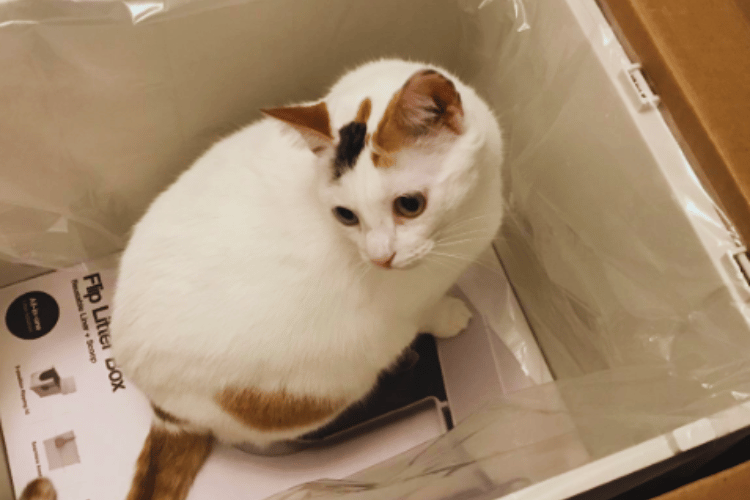
The Quest for Cleaner Air: A Tail of Feline Approval
When it comes to indoor air quality, our feline friends are just as affected by pollutants as we are. From pet allergens to the dreaded dust bunny armies, the air in our homes can be a battleground for our respiratory systems. Air purifiers work tirelessly to vanquish these invisible foes, but the question remains: do these devices get a hiss or a purr of approval from our cats?
Most air purifiers are designed to be pet-friendly, with features like HEPA filters that capture allergens, including those pesky cat allergens that can cause allergic reactions in humans. These effective filters are like the knights in shining armor for pet owners, ensuring that both you and your pet can breathe easier. But it's not just about capturing the particles; it's also about the noise. Cats have sensitive ears, and the gentle hum of an air purifier can either be a soothing lullaby or an annoying buzz, depending on the model.
The Great Filter Fiasco: HEPA vs. The Rest
Not all air purifiers are created equal, and when it comes to our purr-ticular pals, the type of filter matters. High Efficiency Particulate Air (HEPA) filters are the gold standard, acting like a fine mesh net that traps contaminants, including pet dander, mold spores, and pollen. These filters are so good at their job that they can capture allergens as small as 0.3 microns – that's like catching a flea doing the high jump!
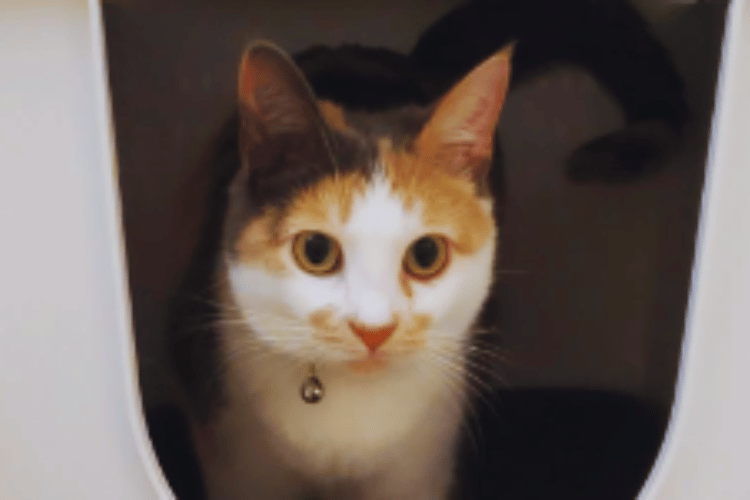
But beware, pet owners! Some air purifiers use ionizers or ozone generators, which can release harmful particles into the air. While these might be effective at forcing air pollutants to stick to surfaces (and away from your nostrils), they can create ozone – a big no-no for your kitty's lungs. Cats are more sensitive to these toxic chemicals than their human servants, so it's best to stick with purifiers that use HEPA filters and avoid those that produce ozone.
The Fur-tastic Voyage: Pet Hair vs. Air Purifiers
Have you ever wondered if your air purifier is a match for the relentless onslaught of pet hair? It's like a never-ending battle between the forces of fluff and the guardians of clean air. Air purifiers clean with a vengeance, but pet hair is the ultimate test of their mettle. The pre-filter, a trusty sidekick in this fur-tastic voyage, is designed to capture these furry projectiles before they clog up the more delicate HEPA filter. It's like the bouncer at the club, keeping the riff-raff out so the party inside stays pristine.
But let's not forget the pet hair's partner in crime: dead skin cells. Together, they form an alliance that can make any pet owner's living space feel like a polluted air battleground. Thankfully, air purifiers equipped with a HEPA filter are the superheroes we need. They swoop in to trap particles as small as 0.3 microns – that's like catching a single particle in a heist of millions. So, while your cat or dog may shed enough to knit a new pet weekly, your air purifier is working overtime to keep your fortress of solitude hair-free and breathable.
The Odor Eliminator: Activated Carbon's Secret Mission
When it comes to pet related odors, an activated carbon filter in your air purifier is like the secret agent of freshness. It doesn't just mask odors; it neutralizes them. Imagine every pet-related whiff, from the 'Eau de Wet Dog' to the 'Essence of Litter Box', being absorbed by this covert operative. The activated carbon filter is the unsung hero tackling air quality issues one molecule at a time, leaving behind nothing but the scent of victory. It's like having a ninja in your living room that's so good at its job, you don't even know it's there.
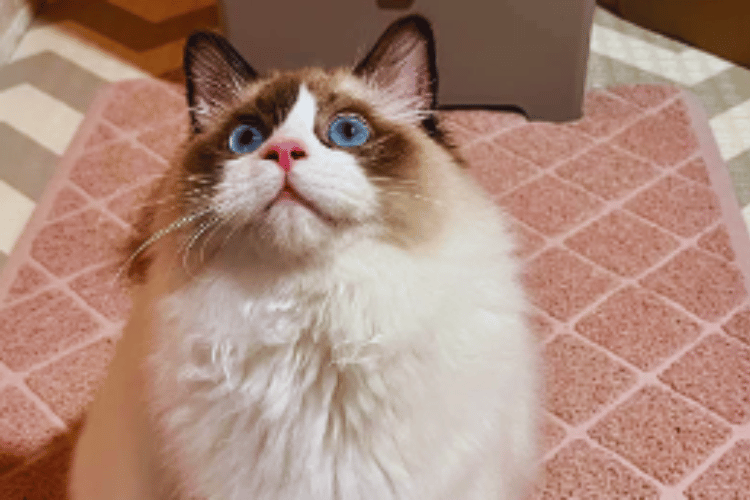
But wait, there's more! This filter doesn't just have a nose for pet related odors; it's also on the frontline against outdoor pollution and indoor offenders like carbon monoxide. And for the pièce de résistance, some air purifiers bring out the big guns with ultraviolet light. This UV-C light is like the laser beam in a spy movie, silently zapping airborne pathogens and keeping your pet's health in the clear. So, while your furry friend blissfully naps, your air purifier is pulling a double shift to ensure the air you both breathe is nothing short of purr-fect.
The Silent Purr-dators: Noise Levels and Cat Comfort
Cats are known for their ninja-like stealth and their love for peace and quiet. So, when introducing an air purifier into their domain, it's important to consider the noise level. Most air purifiers are designed to operate quietly, but some can sound like a vacuum cleaner being attacked by a hairdryer – not exactly the soundtrack to a serene indoor environment.
Look for air purifiers with a low decibel rating and multiple speed settings. This way, you can crank up the clean air production when Sir Whiskers is out on his daily patrol (probably terrorizing the local insect population) and turn it down to a gentle whisper when he's curled up in his favorite sunspot. Remember, a happy cat means a happy life (because let's face it, they're the ones in charge).
The Scent of Victory: Battling Pet Odors
While we adore our furry friends, their scents can sometimes be less than regal. Pet odors are a common air quality issue, but fear not! Many air purifiers come equipped with activated carbon filters, which are like the secret agents of the filter world. They sneak up on odors, volatile organic compounds, and even tobacco smoke, trapping them before they can offend your (and your cat's) delicate nostrils.
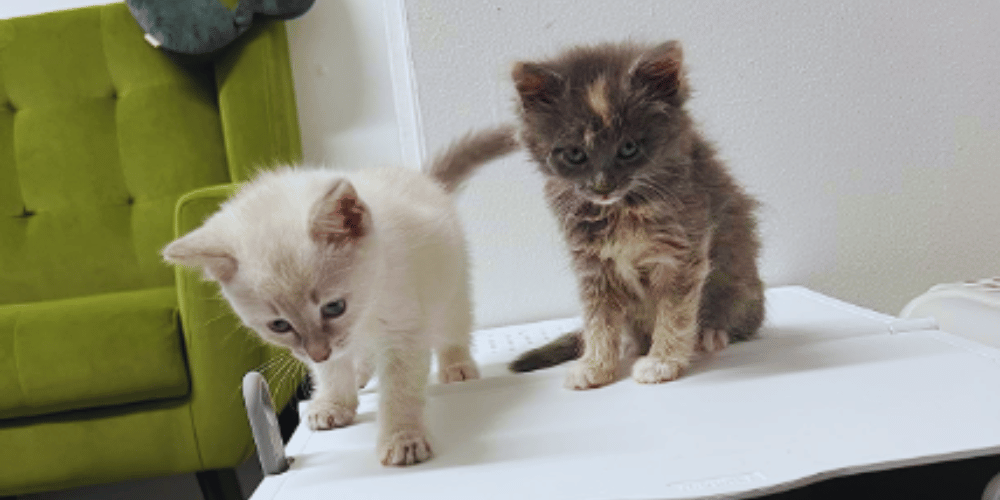
Activated carbon filters work in tandem with HEPA filters to provide a one-two punch against poor health and pet-related odors. This dynamic duo ensures that the air passes through a gauntlet of purification, leaving nothing but fresh air in its wake. And since cats have a sense of smell that's about 14 times stronger than ours, they'll definitely appreciate the reduction in stinky smells.
The Feline Verdict: Are Air Purifiers Safe for Pets?
So, do air purifiers bother cats? The short answer is: not if you choose the right one. Air purifiers safe for pets are those that use HEPA filters and activated carbon filters to effectively remove airborne nasties without introducing anything harmful into the air. They should also operate quietly to keep your cat's stress levels down.
When selecting an air purifier, consider the size of your space and the specific needs of your household. If you have multiple pets or someone with pet allergies, look for purifiers specifically designed to handle pet-related allergens. And always, always avoid purifiers that produce ozone, as these can be detrimental to your pet's health.
Summary
In the grand scheme of things, air purifiers can be the unsung heroes of our homes, creating a cleaner, healthier environment for both you and your feline friends. By choosing the right purifier – one with HEPA and activated carbon filters, low noise levels, and no ozone production – you can ensure that the air in your home is not only safe for your pets but also free of allergens and odors. So go ahead, give your cat the gift of purr-fect air, and watch them bask in the glory of a fresh indoor kingdom.
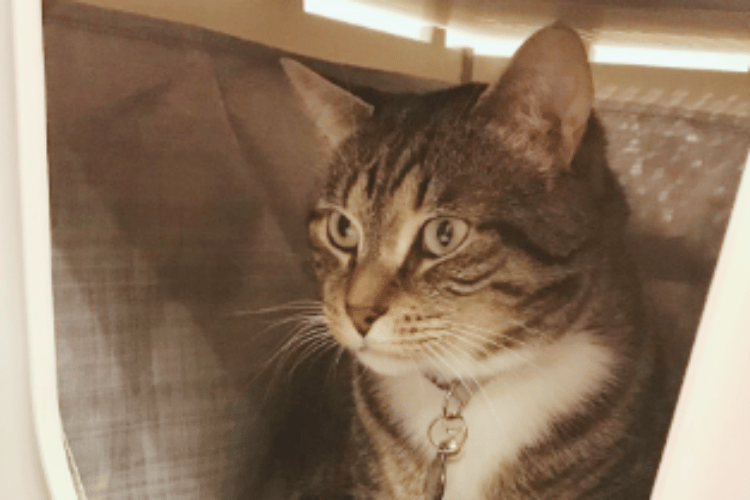
FAQ Section
Q: Can air purifiers help with cat allergies? A: Absolutely! Air purifiers with HEPA filters are excellent at capturing tiny particles, including cat allergens. This can significantly reduce allergic reactions and make the indoor environment more comfortable for people with pet allergies.
Q: Are ozone-generating air purifiers safe for cats? A: No, ozone-generating air purifiers are not safe for cats. Ozone can be harmful to their respiratory systems and overall health. It's best to choose an air purifier that does not produce ozone.
Q: How often should I change the filters in my air purifier to ensure it's effective for my cat? A: The frequency of filter changes depends on the specific air purifier and the level of pollutants in your home. Generally, HEPA filters should be changed every 6 to 12 months, while activated carbon filters may need to be replaced more frequently. Always check the manufacturer's recommendations to maintain optimal performance.
Thank you for visiting LegitLists we hope this helps you make a legitimate choice!


